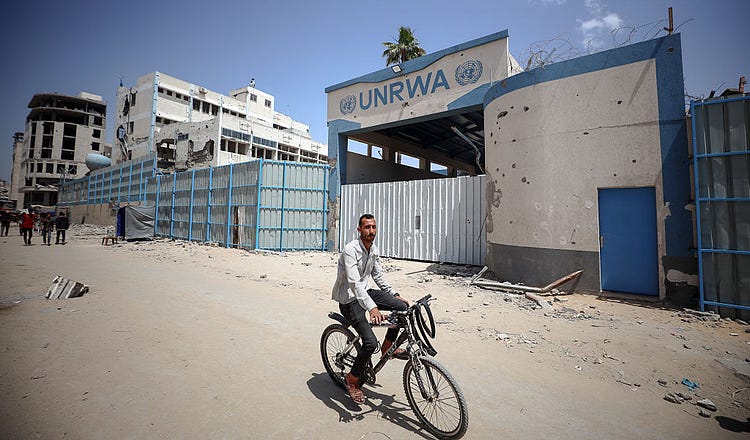
In May 2024, I wrote a column praising universities—specifically Washington University in St. Louis, Missouri—for prohibiting students and faculty from intimidating Jewish students and chanting antisemitic epithets on campus.
It was not a controversial column. Except at the pro-United Nations organization I volunteered for.
For the last 10 years, I’ve been on the board of an organization called USA for UNHCR, which has raised hundreds of millions of dollars for the United Nations High Commissioner for Refugees, otherwise known as UNHCR, created in the aftermath of the Second World War to help resettle the tens of millions of refugees uprooted by war.
Shortly after my column was published, I was sent an email by leaders of the organization questioning my “suitability” as a board member. They told me my views were at odds with their standings “as a humanitarian and peace-keeping organization.”
I was stunned. USA for UNHCR has been the major cause of my adult life. My father, Mark Vittert, helped create the organization after his own stint as a UN volunteer. I believed in its mission. My opinion piece was strictly limited to the bravery it took for schools to stand up to the antisemitic intimidation of their students. Yet it turned out to be at odds with their values as a “humanitarian and peace-keeping organization.”
It was heartbreaking for me. But the truth is the culture of USA for UNHCR had changed so completely during my tenure that they were trying to silence me.

